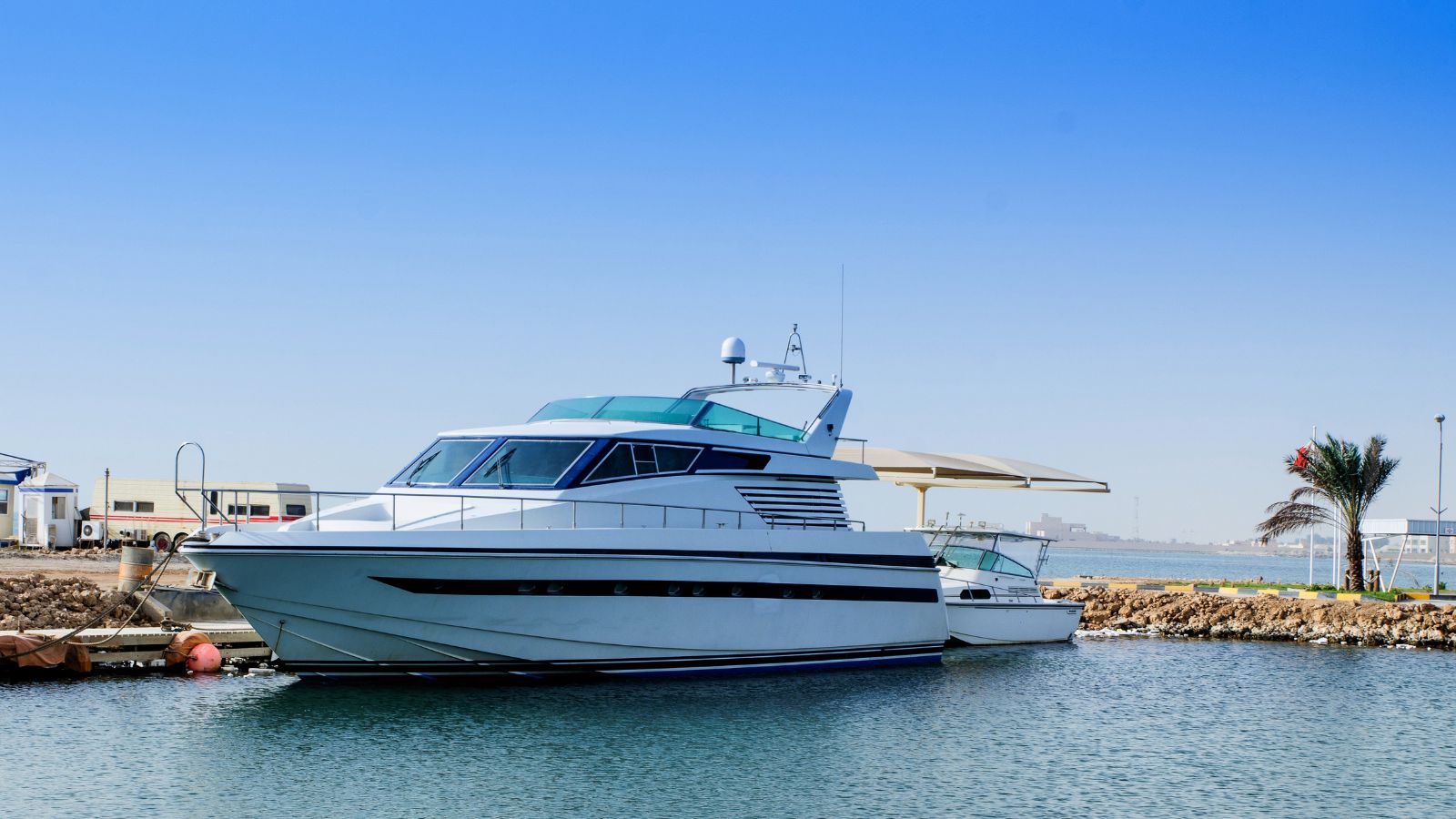Over the past few decades, the way wealth is perceived and displayed has transformed. As luxury items become more common and the focus shifts from traditional “old money” to self-made entrepreneurs and celebrities, many symbols of wealth have become accessible to the middle class. Here are 18 things that once represented affluence but no longer do.
Traveling First Class

Flying first class used to be an exclusive experience for the wealthy, offering spacious seats, upgraded meals, extra comfort, and attentive service. Today, Forbes asserts that many airlines don’t have a first-class cabin and offer various premium cabin classes (like business class) at different price points, making upgraded air travel an affordable option for many people.
Having a Home Office

Traditionally, blue-collar and middle-class workers had little or no need for a dedicated home office, even if they had the space and money for one. Nowadays, with remote working and reliable internet connections, a home office has become a necessity for people of all incomes, providing a space for them to concentrate and connect.
Belonging to a Private Club

Exclusive memberships in private clubs like country clubs or yacht clubs were once a signature of the wealthy elite. Although such clubs still exist, their allure has diminished, and they’re no longer the ubiquitous rich person’s choice. Modern millionaires may prefer more meaningful, cosmopolitan gatherings over snobbish exclusion.
Driving a Luxury Car

In days gone by, a flashy, expensive car was a sure sign that someone was rich enough to afford such an unaffordable item. Today, the luxury car market has become increasingly saturated, and many people, regardless of income level, can afford to lease or finance high-end vehicles. This means that, nowadays, not every luxury car driver has a bank balance to match.
Wearing Designer Clothing

In the past, head-to-toe designer labels showcased wealth and a ‘more money than sense’ attitude to fashion. However, the rise of fast fashion and decent replicas has blurred the lines between genuine garments and affordable imitations. A shift toward more ethical and unique fashion choices (like vintage and thrift shopping) has also diminished ‘logo’ appeal.
Having Hired Help

Being able to afford a cleaner, nanny, gardener, or pool person is no longer something only the wealthiest people in society can do. CTV News states that the lowest economic brackets still cannot afford hired help, but many middle-class households can, especially when long hours and demanding work schedules leave little time for childcare and housework.
Sending Your Children to Private School

Financial Samurai insists that enrolling children in private schools is now a sign of prioritizing education rather than a unique privilege of the wealthy. Such institutions offer smaller class sizes, more personalized teaching, access to prestigious universities, and other benefits—all of which the middle classes are now making space in their budget for.
Owning a Fur Coat

In the past, fur coats were a luxurious status symbol, and expensive commodities that were so coveted that they often made up an inheritance! Despite being warm, exclusive, and regarded as beautiful, they no longer have the same status. Concerns for animal cruelty and the advent of high-quality faux fur alternatives have diminished their appeal and social acceptance.
Owning a Holiday Home

Possessing a second property, often a luxurious holiday home, was traditionally seen as a symbol of significant wealth and leisure. Although second homes remain something most people cannot afford, the economic downturn of 2008 and the rise of the sharing economy have made holiday homes a financial burden and less practical, even for the super-rich.
Throwing Lavish Parties

Hosting extravagant parties with expensive catering, entertainment, and elaborate decorations was once a popular way for the wealthiest families to showcase their home and lifestyle, while improving their social standing and networking. Modern society tends to reject such blatant displays of wealth, and rich people often now prefer intimate gatherings with real friends.
Collecting Expensive Art

While such frivolity certainly isn’t accessible to lower economic brackets, owning a collection of expensive artwork is no longer something that every wealthy person indulges in. Traditionally a sign of refined taste and culture, the art market has become so complicated and secretive that even the wealthy struggle to navigate it and confirm authenticity.
Having a Walk-in Closet

In the past, a walk-in closet was considered a luxury that only the richest individuals needed or could afford. The extra space and clothes required to necessitate one are now something many people can afford, and walk-in closets are a common addition to even mid-range homes. They appeal to our modern living styles and hectic schedules, requiring organization!
Expensive Restaurants

Regularly dining at high-end restaurants was once something only the wealthy elite could afford to do, but the range and affordability of cuisine have significantly improved over the years. Nowadays, there are ‘eating out’ options to suit every budget, and even the most expensive dining establishments are affordable for many people, although perhaps only as a special treat.
Name-brand Handbags and Watches

Designer handbags and watches were once status symbols that screamed ‘I have money!’ and were only accessible to those with huge disposable incomes or inherited wealth. Now, the rise of counterfeit designer goods and a growing focus on more individualistic and unique styles have made such items seem unnecessarily flashy and unoriginal.
Owning a Yacht

Yachting has long been associated with the lifestyles of the rich and famous, symbolizing luxury, leisure, and the ability to travel the world in style. Yet the financial realities of yacht ownership (including maintenance, crew salaries, and docking fees) make it an increasingly impractical and wasteful asset, even for the richest among us.
Luxury Pet Supplies

Spoiling pets with designer clothing, bedding, toys, human-quality food, and experiences (like doggy daycare or ‘pup cones’) has become something that many pet owners indulge in, not just the wealthiest. The BBC says pet owners spend thousands of dollars on luxury food alone and that luxury pet care is no longer seen as a frivolity but a necessity.
Expensive Jewelry

Traditionally, owning a vast collection of diamonds, pearls, and other precious gemstones was a symbol of immense wealth and inherited affluence. Such jewelry was often an investment that was passed down as family heirlooms, but only to the richest families. Today, ethical concerns around gemstone mining and realistic alternatives have made such collections less common.
Employing a Personal Assistant

While lower income brackets certainly cannot afford to employ a personal assistant, having someone to organize errands, work schedules, and commitments is now not something reserved for the mega-rich. In addition, virtual assistants and management apps have made hiring an entire person an increasingly unnecessary expense, no matter your affluence level.

